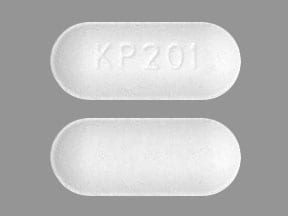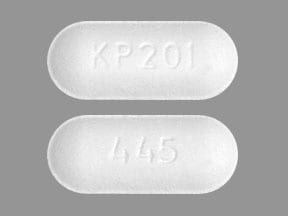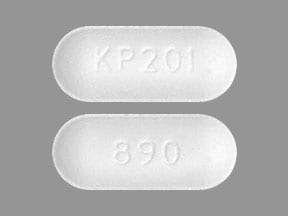What is Apadaz?
Apadaz is:
- A strong prescription pain medicine that contains an opioid (narcotic) and the medicine acetaminophen. Apadaz is used to manage short-term pain (no more than 14 days), when other pain treatments such as nonopioid pain medicines do not treat your pain well enough or you cannot tolerate them.
- An opioid pain medicine that can put you at risk for overdose and death. Even if you take your dose correctly as prescribed you are at risk for opioid addiction, abuse, and misuse that can lead to death.
What is the most important information I should know about Apadaz?
- Get emergency help right away if you take too much Apadaz (overdose). When you first start taking Apadaz, when your dose is changed, or if you take too much (overdose), serious or life-threatening breathing problems that can lead to death may occur.
- Never give anyone else your Apadaz. They could die from taking it. Selling or giving away Apadaz is against the law.
- Store Apadaz securely, out of sight and reach of children, and in a location not accessible by others, including visitors to the home.
- Get emergency help right away if you take more than 4,000 mg of acetaminophen in 1 day. Taking Apadaz with other products that contain acetaminophen can lead to serious liver problems and death.
Who should not take Apadaz?
Do not take Apadaz if you have:
- severe asthma, trouble breathing, or other lung problems.
- an allergy to hydrocodone or acetaminophen.
- a bowel blockage or have narrowing of the stomach or intestines.
- severe liver problems.
What should I tell my healthcare provider before taking Apadaz?
Before taking Apadaz, tell your healthcare provider if you have a history of:
- head injury, seizures
- liver, kidney, thyroid problems
- problems urinating
- pancreas or gallbladder problems
- abuse of street or prescription drugs, alcohol addiction, or mental health problems.
Tell your healthcare provider if you are:
- pregnant or planning to become pregnant. Prolonged use of Apadaz during pregnancy can cause withdrawal symptoms in your newborn baby that could be life-threatening if not recognized and treated.
- breastfeeding. Apadaz passes into breast milk and may harm your baby.
- taking prescription or over-the-counter medicines, vitamins, or herbal supplements. Taking Apadaz with certain other medicines can cause serious side effects that could lead to death.
How should I take Apadaz?
When taking Apadaz:
- Do not change your dose. Take Apadaz exactly as prescribed by your healthcare provider. Use the lowest dose.
- possible for the shortest time needed.
- Take your prescribed dose every 4 to 6 hours as needed for pain. Do not take more than your prescribed dose.
- If you miss a dose, take your next dose at your usual time.
- Call your healthcare provider if the dose you are taking does not control your pain.
- If you have been taking Apadaz regularly, do not stop taking Apadaz without talking to your healthcare provider.
- After you stop taking Apadaz, flush any unused tablets down the toilet.
What should I avoid while taking Apadaz?
While taking Apadaz do not:
- Drive or operate heavy machinery, until you know how Apadaz affects you. Apadaz can make you sleepy, dizzy, or lightheaded.
- Drink alcohol or use prescription or over-the-counter medicines that contain alcohol. Using products containing alcohol during treatment with Apadaz may cause you to overdose and die.
- Do not take other products that contain acetaminophen while taking Apadaz.
What are the possible side effects of Apadaz?
The possible side effects of Apadaz:
- constipation, nausea, sleepiness, vomiting, tiredness, headache, dizziness, abdominal pain, skin rash.
Call your healthcare provider if you have any of these symptoms and they are severe.
Get emergency medical help if you have:
- trouble breathing, shortness of breath, fast heartbeat, chest pain, swelling of your face, tongue, or throat, extreme drowsiness, light-headedness when changing positions, feeling faint, agitation, high body temperature, trouble walking, stiff muscles, or mental changes such as confusion.
- rash with hives, sores in your mouth or eyes, or your skin blisters and peels.
These are not all the possible side effects of Apadaz. Call your doctor for medical advice about side effects. You may report side effects to FDA at 1-800-FDA-1088.
Apadaz Images
How should I store Apadaz?
Store at 20°C to 25°C (68°F to 77°F). Excursions permitted between 15°C to 30°C (59°F to 86°F) [See USP Controlled Room Temperature].
What are the ingredients in Apadaz?
Active ingredients: benzhydrocodone hydrochloride and acetaminophen
Inactive ingredients: cellulose, microcrystalline; starch, corn; crospovidone; povidone k30; stearic acid.







